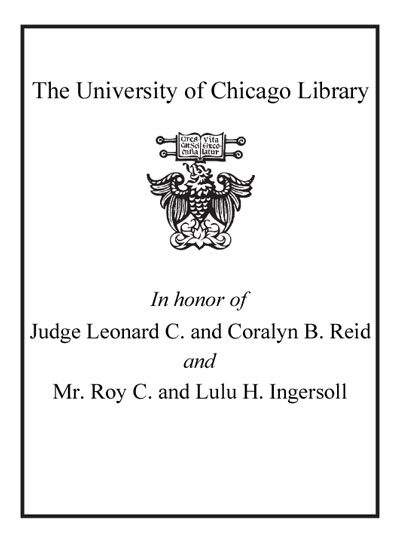Review by Choice Review
Mustakeem (history and African and African American studies, Washington Univ. in St. Louis) has written an exhaustively researched study of the Middle Passage--the leg of the triangular trade from West Africa to the Americas--that is a much-needed addition to African and African American studies, slavery in the Americas studies, and Atlantic World studies, as well as maritime, world, and US history studies more generally. While this is a topic that might at first be regarded as one "everyone knows," Mustakeem rightly asserts that such an assumption is far from true. The topic is brutal, and Mustakeem presents it in that light to drive home the point that much of the effort to break the will of the newly enslaved people, to degrade them and strip them of identity, dignity, and humanity, was carried out aboard the "blackbirders," the slave ships. The book covers living conditions for captives and captors, prevailing attitudes about race and sex, and more, and Mustakeem illustrates that those who carried out the terrible work were damaged in the process as well. This reviewer hopes that Mustakeem will one day rewrite this for a general audience, as this is not a topic that should be confined to academia. Summing Up: Essential. Graduate students/faculty/specialists. --Darlene M. Hall, Lake Erie College
Copyright American Library Association, used with permission.
Review by Publisher's Weekly Review
Mustakeem, a professor of history and African and African-American studies at Washington University in St. Louis, investigates how slave ships functioned as social spaces in this detail-laden account of the 18th-century transatlantic slave trade. Countering the quantitative focus of recent slave voyage histories, she uses diaries, ships' logs, legal testimonies, and other archival materials to map relationships among slaves, sailors, and shipboard doctors. The Middle Passage was not just a traumatic mass event, she demonstrates, but a complex "manufacturing process" by which slavers "unmade" human bodies into commodities. Tracing patterns of dehumanization, physical and psychological torture, and enforced dependency that captured Africans faced aboard ships, Mustakeem argues that the Middle Passage experience fundamentally shaped slavery as a global institution. Throughout, she works to make visible the shipboard presence of women, children, the elderly, the ill, and the disabled, revealing the effects of age, gender, health, and ability on slavery's economic and social development. Mustakeem relies heavily on her primary sources, and at times she fails to analyze historical anecdotes sufficiently to support her broader claims. Still, this book will be of enormous utility to scholars, especially those eager for narrative insight into this largely opaque chapter of transatlantic history. (Nov.) © Copyright PWxyz, LLC. All rights reserved.
Review by Choice Review
Review by Publisher's Weekly Review

